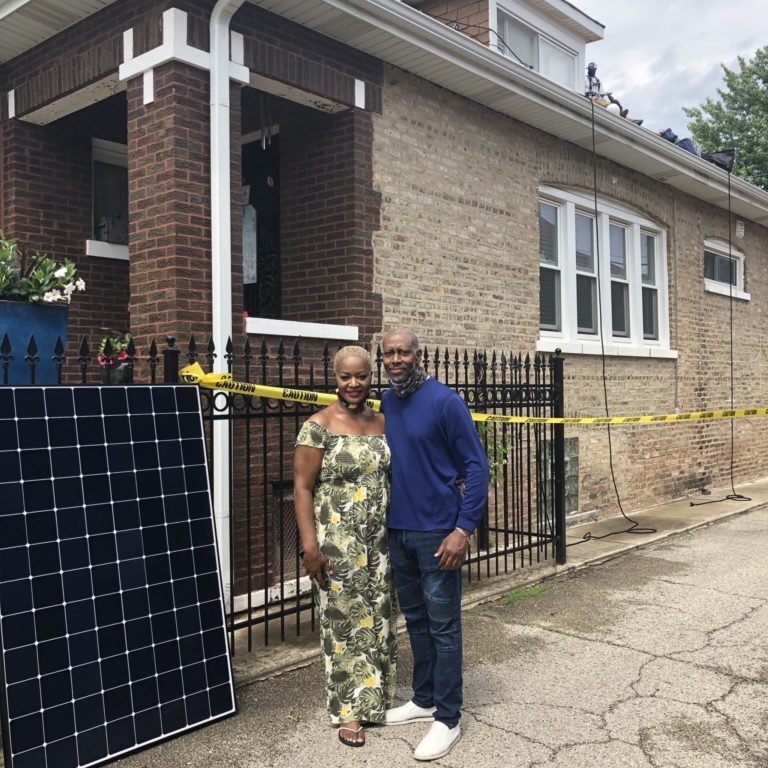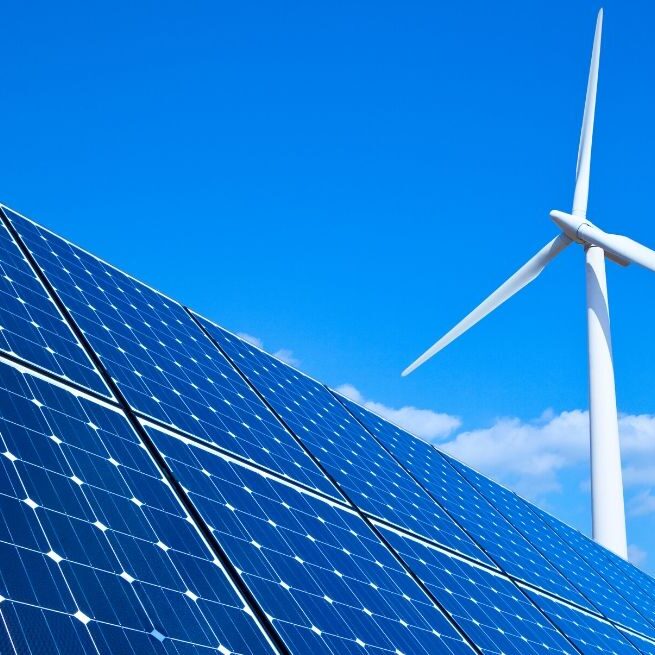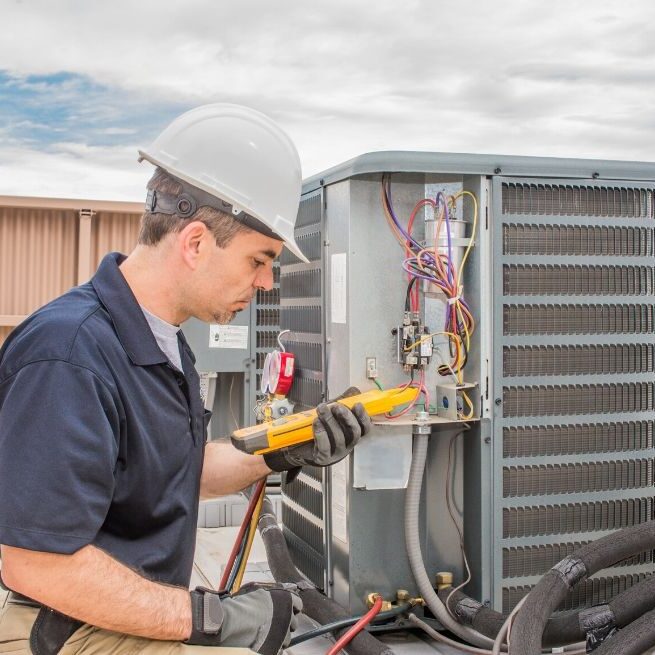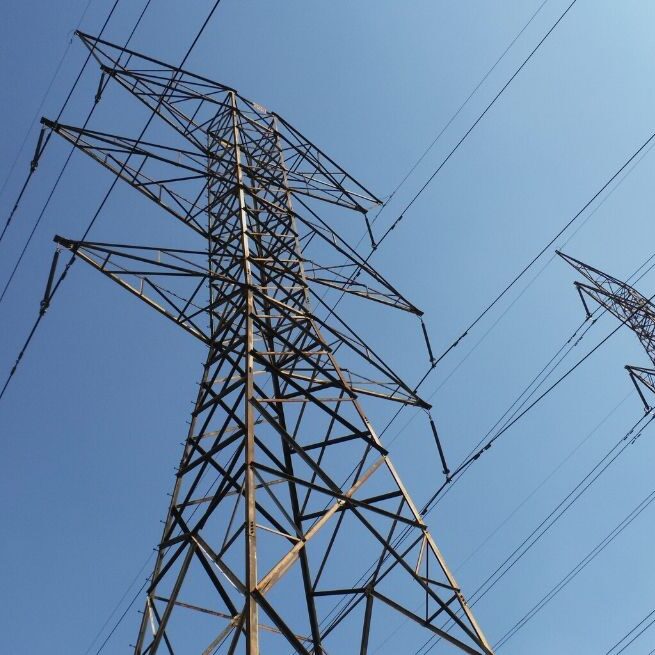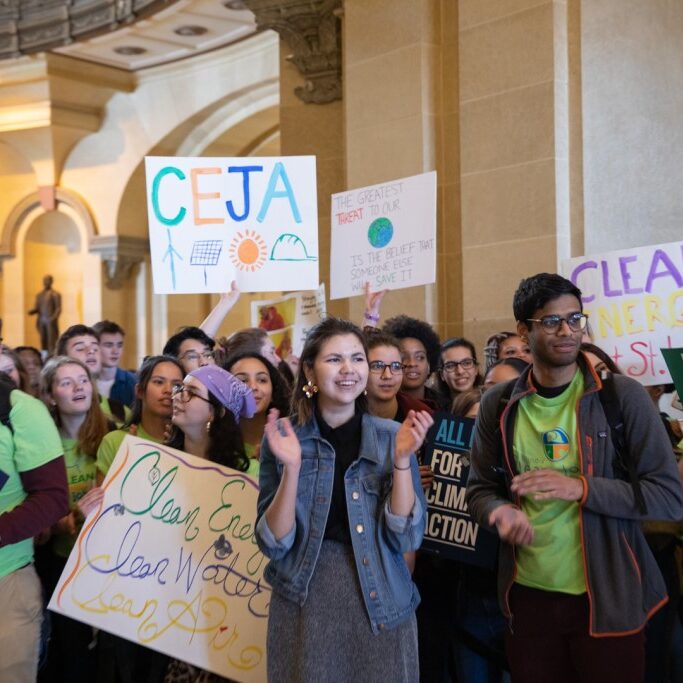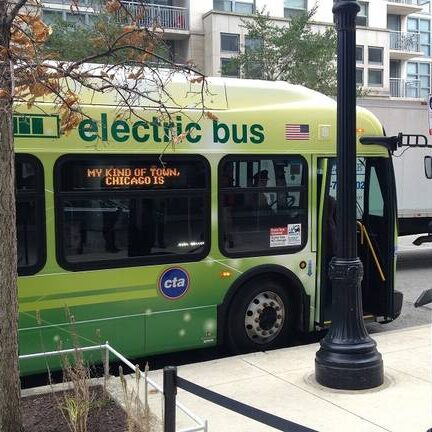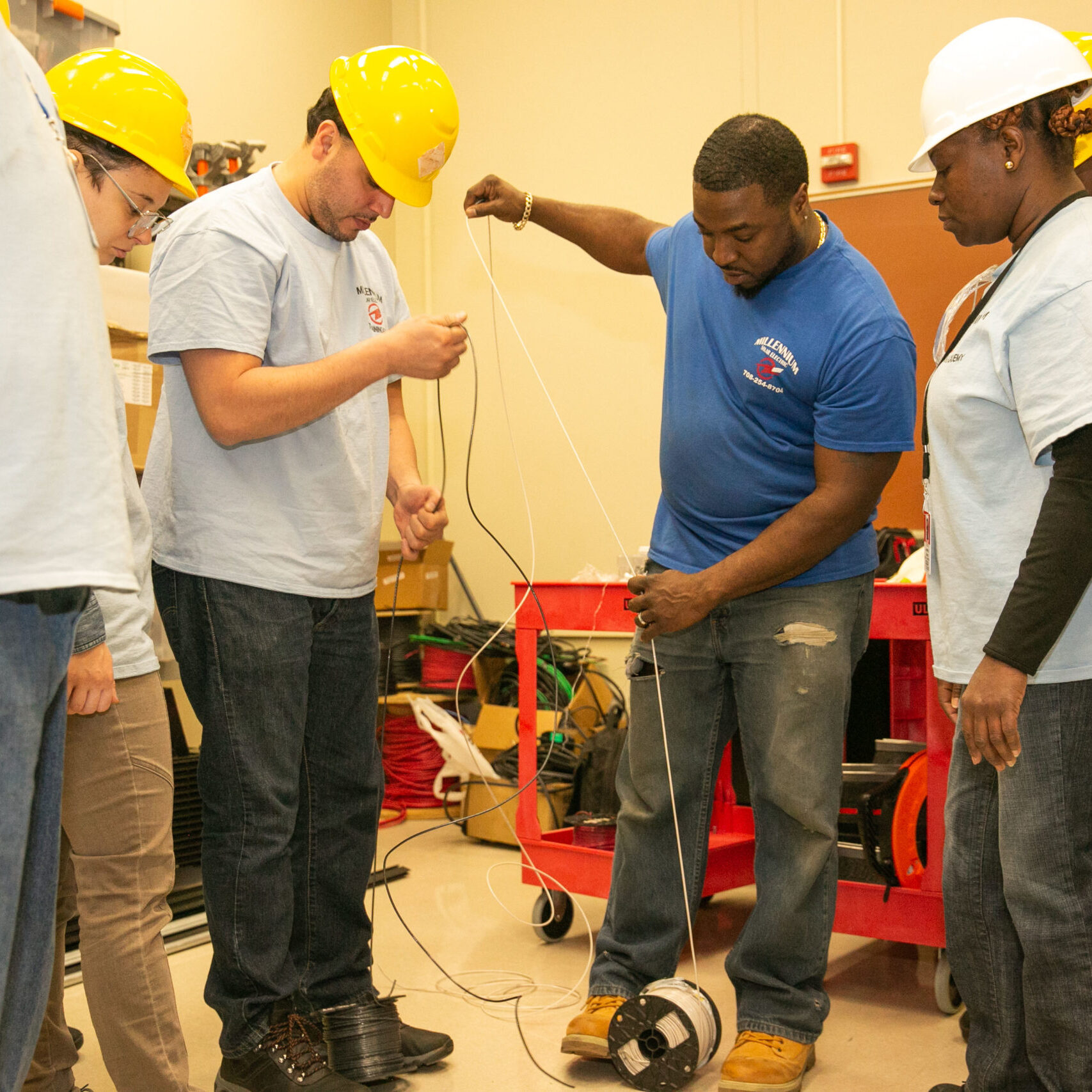TAKE ACTION: Support the ICJC Platform!
Learn more about our platform and urge your legislators to support the bills.
The Story of the Climate & Equitable Jobs Act
The Illinois Clean Jobs Coalition (ICJC) is made up of more than 200 climate groups, healthcare professionals, environmental justice champions, businesses, community leaders, labor unions, consumer advocates, faith-based and student organizations.
Following ICJC’s central role in the passage of the Future Energy Jobs Act in 2016, the diverse coalition spent more than three years organizing and holding more than 100 “Listen. Lead. Share.” events to gather feedback and policy ideas from residents across Illinois. The work centered around a simple but urgent rallying cry: CEJA can’t wait.
The wait ended on September 15, 2021 when Governor JB Pritzker signed into law the most equitable clean energy jobs bill of its kind in the nation: the Climate and Equitable Jobs Act (CEJA).
Learn more about all the benefits the Climate & Equitable Jobs Act has to offer!
The Illinois Clean Jobs Coalition held hundreds of listening sessions throughout Illinois
to ensure CEJA meets the needs of real people.
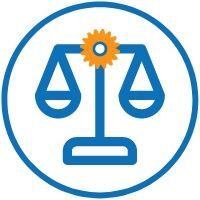
Equitable Workforce
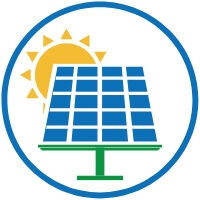
Energy Access & Solar for All
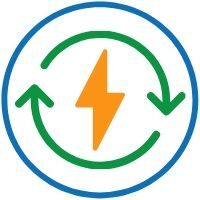
Renewable Energy
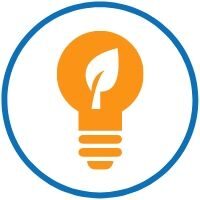
Energy Efficiency

Capacity Market Reform

Carbon-free Power
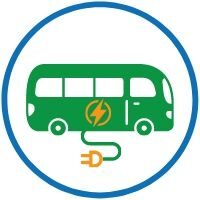
Electric Transportation
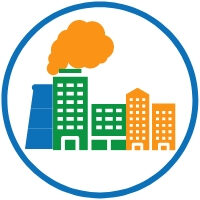
Support Fossil Fuel Workers & Communities
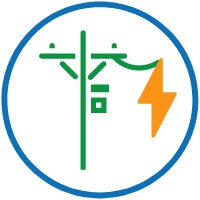
Utility Accountability
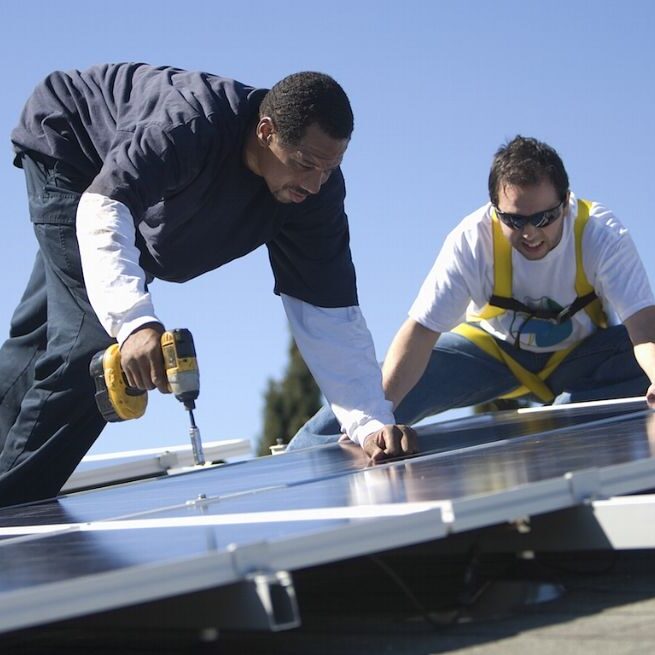
Equitable Workforce & Business Development
The climate crisis and systemic racial injustice are inextricably intertwined. We must address both simultaneously, and the Climate & Equitable Jobs Act does exactly that.
Underinvested communities — often communities of color —are the first to suffer negative consequences of pollution but the last to reap the health and economic benefits of a clean energy future. As we move forward on the path to a 100% carbon-free future, it’s critical that these same communities reap the benefits of both cleaner air and good-paying jobs.
CEJA invests over $80 million every year into developing a thriving renewable energy workforce, with Black and Brown communities at the forefront. By prioritizing Illinoisans historically shut out of the clean energy economy, we can cultivate an equitable workforce that brings everyone along.
Energy Access & Solar for All
Solar energy means cleaner air, job creation, and money back into the pockets of Illinois families. Through the Illinois Solar for All program, income-eligible families have been able to go solar with no upfront costs and in some cases are saving 90% or more on their electric bills. It also means bringing solar to hundreds of non-profit and public facilities providing critical services to low-income communities. By prioritizing projects built in environmental justice communities, the program ensures that the benefits of solar are being felt by those most vulnerable to pollution and high energy costs.
The Climate and Equitable Jobs Act expands the Illinois Solar for All program from $30 million to $70 million per year, unlocking the benefits of affordable renewable energy for families across the state. Solar energy has a critical role to play in our state’s clean energy future. This massive investment will allow more Illinois families than ever to reap the rewards.
Renewable Energy
Illinois is about to triple the pace of renewable energy development by incentivising carbon-free wind and solar energy projects throughout the state. CEJA sets a target to get Illinois to 40% renewable energy by 2030 and 50% renewable energy by 2040. This means more wind and solar farms in rural Illinois to support farmers and contribute tax revenue to small towns. This means more community solar projects creating new jobs and offering utility bill savings to customers throughout the state. This means more rooftop solar helping families, schools, churches, and businesses throughout the state to save tens of thousands of dollars each year.
This is accomplished through over $580 million per year to help spark renewable energy projects and catalyze the equitable transition to wind and solar energy. These funds will also fuel new subprograms to incentivise specific types of projects, like solar on schools or solar projects developed by disadvantaged contractors. Many residents will also be eligible for rebates for new home battery incentives, helping Illinoisans keep the lights on during storms and increase climate resilience.
Energy Efficiency
The Climate & Equitable Jobs Act extends Illinois’ successful electric energy efficiency programs, which were set to expire in 2030. Now they’ll continue saving consumers and businesses billions of dollars in years to come. The new law requires more reporting from those programs to ensure they’re being implemented equitably. CEJA also allows large energy customers to take advantage of efficiency programs, which helps make the grid more resilient, lowers demand and cuts costs for everyone. The law helps lower-income families make energy efficiency improvements and fix health and safety problems found when they do those upgrades. CEJA gives community groups a voice, allowing them to offer utilities guidance on efficiency programs.
Capacity Market Reform
The Climate and Equitable Jobs Act sets the stage for lower "capacity" charges. Those are hidden fees on our electric bills that pay big generators for reserve power, and they have become a major reason for higher bills over the last decade. Energy markets often don't work for electricity customers, and the capacity market rules have forced us to pay for bailouts of dirty, failing power plants we don't need. In fact, ComEd customers now pay more than $1.7 billion a year for capacity--much of that to support fossil fuels--and those charges have grown to be about 20 percent of our electric bill.
But federal regulators are implementing reforms to support more clean, affordable energy, and CEJA takes advantage of that opportunity. By its historic expansion of low-cost renewable energy (50% by 2050), CEJA opens the door to lower capacity costs.
100% CARBON-FREE POWER BY 2030
The Climate & Equitable Jobs Act (CEJA) will slash climate-warming carbon pollution by requiring Illinois to move to a 100% carbon-free power sector by 2045 – the first Midwest state to do so. The bill also requires significant emissions reductions before then, prioritizing environmental justice communities for the fastest reductions. These requirements extend to the Prairie State coal plant, the state’s largest polluter and the seventh-largest emitter of carbon pollution in the U.S., which must reduce its emissions by 45% by 2038 and to zero by 2045.
CEJA also provides limited support for nuclear power plants, totaling about $700 million over five years. The amount of the subsidy was negotiated down significantly from the plants' owner’s original proposal, and it was also informed by an independent analysis commissioned by the governor’s office. The payments will be reduced if the plants receive federal subsidies.
ELECTRIFYING TRANSPORTATION
The Climate and Equitable Jobs Act tackles Illinois’ heavily polluting transportation sector. CEJA commits millions of dollars over the next decade to expand access to and adoption of electric vehicles (EVs), public transit, and medium-duty and heavy-duty vehicles. In addition, the bill aims to direct 40% of these transportation benefits to environmental justice and economically disadvantaged communities.
Many of the transportation benefits in CEJA are the first of their kind in Illinois. For instance, utility companies like Ameren and ComEd will create Beneficial Electrification Plans to direct ratepayer spending on transportation electrification based on community needs. In addition, CEJA directs the IEPA to hire an Electric Vehicle Coordinator at the IEPA so that Illinois will have a centralized mechanism for policy development, program administration, and coordination with federal policies. The new law sets a goal to get 1 million electric vehicles on the road by 2030 and includes funding to build EV infrastructure across the state and provide rebates to customers for electric vehicle purchases. If you build it, they will come, and electric transportation is coming to Illinois.
FOSSIL FUEL WORKERS & COMMUNITIES
For over a century, the fossil fuels boom and bust economy has left communities and workers behind. CEJA creates the Energy Community Reinvestment Act that will provide support and invest millions in the communities hardest hit by the transition away from fossil fuels. CEJA also creates an Energy Transition Workforce Commission to study and report on the workforce and community impacts of fossil fuel plant and mine closures. The law creates Energy Transition Community Grants, available for communities to address the economic and social impacts of closing power plants and coal mines. A Displaced Energy Worker Bill of Rights will assist workers in navigating employment and workforce training opportunities, career services, and financial planning services. Children of displaced energy workers can qualify for a new one-year transition scholarship to an Illinois state-supported institution of higher learning. A new Coal to Solar program incentivizes renewable energy development and energy storage on the site of shuttered coal plants.
READ OUR UPDATES!
I’m writing to comment on “Climate change turning into climate collapse” by Jason Bono. We at the Climate Reality Project: Northern Illinois Chapter share his well-defined concern for our climate. Our “destructive influence on the…
Read MoreBy Quinn Myers | WTTW “Gov. J.B. Pritzker and Illinois lawmakers are signaling they could be ready to pass legislation that eventually moves the state to 100% renewable energy. ‘Our spring agenda must also address…
Read MoreBy Gabriella Remillard | Chicago Morning Star More than 23,000 Illinoisans have called for passage of the Clean Energy Jobs Act as Grassroots groups joined to present a petition to Gov. Pritzker on Monday. State…
Read MoreBy Reuters | The New York Times “(Reuters) – Illinois Governor J.B. Pritzker called on the state legislature to pass clean energy legislation in his State of the State address, providing a boost to advocates…
Read MoreJoin our mailing list to get the latest on our work to pass the ICJC Platform, CEJA implementation, and upcoming events!
info@ilcleanjobs.org
